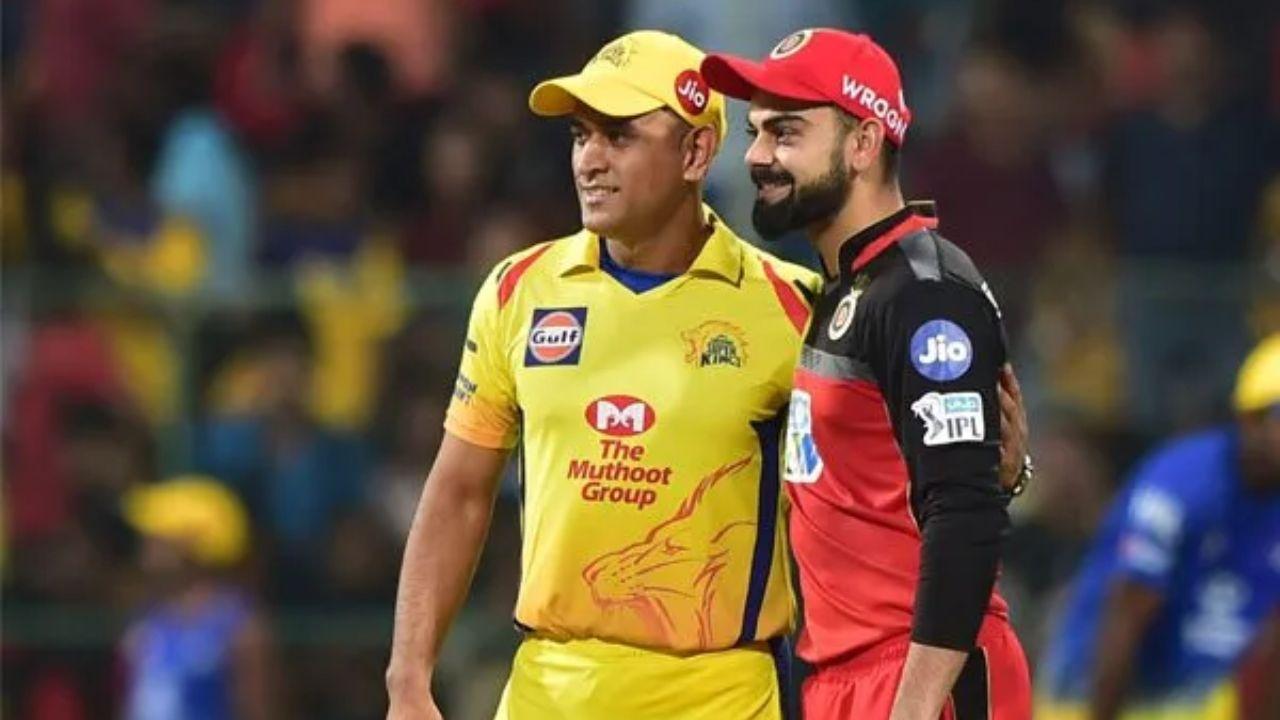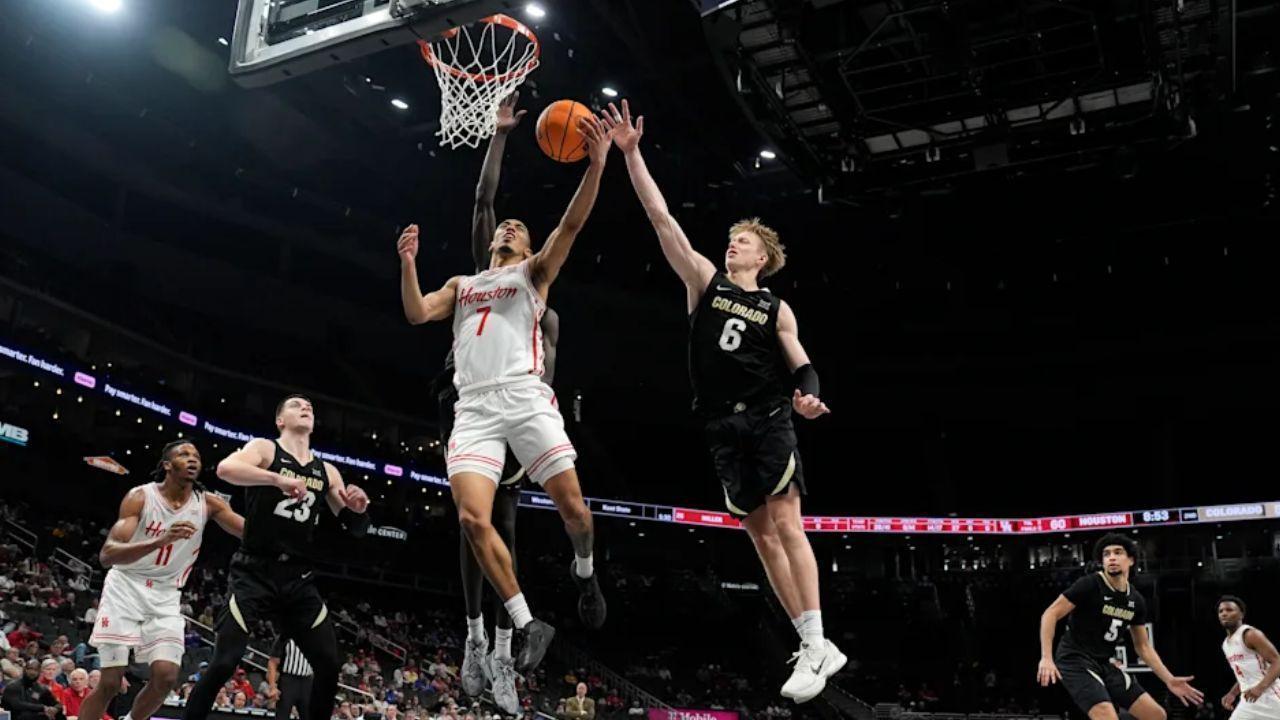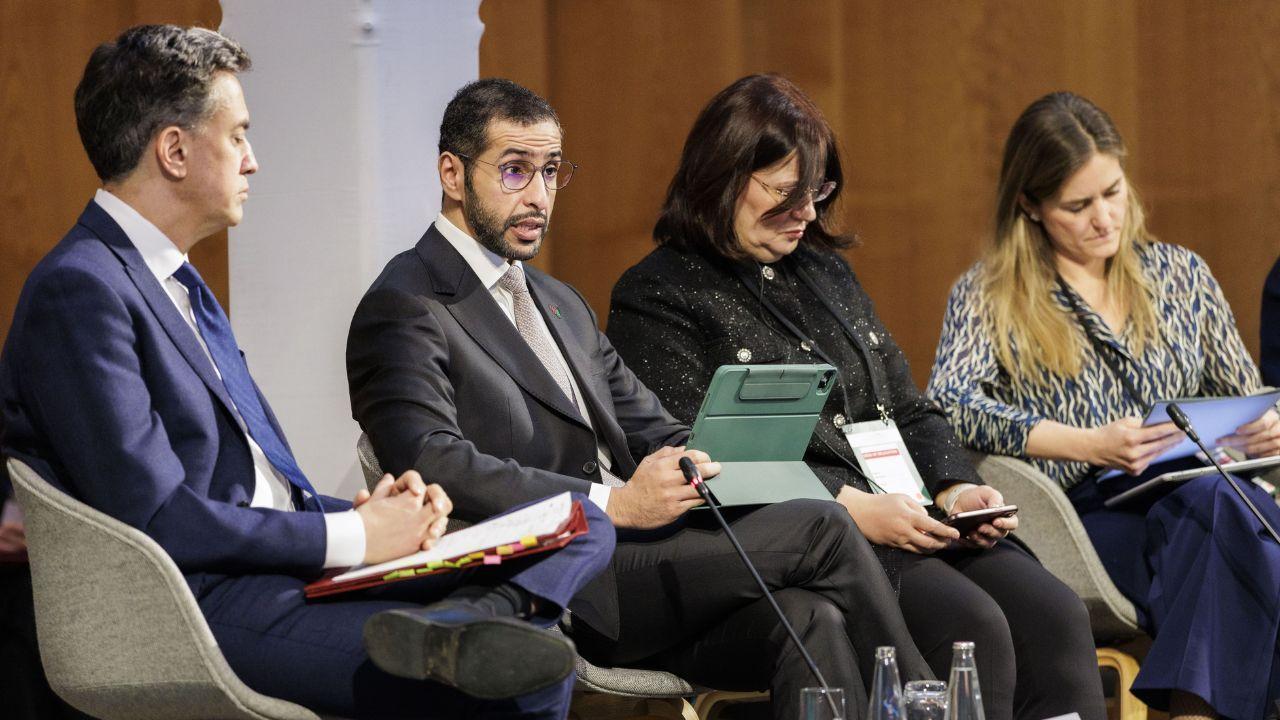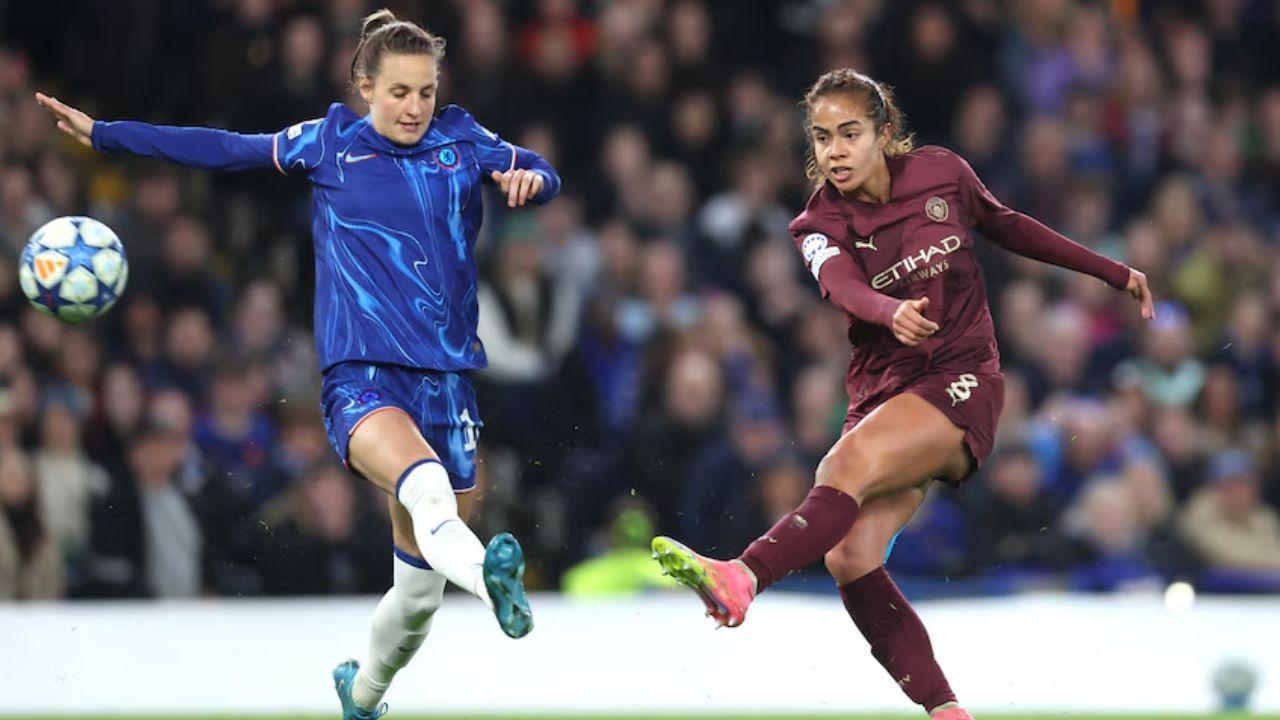
Post by: Vansh Kumar
Building Future Sports Stars: The Benefits of Youth Academy Programs
In the world of sports, talent alone often isn't enough to reach the highest levels of competition. Whether in football, basketball, tennis, or even eSports, many of today's top athletes started their journey in youth academies. These specialized training centers play a crucial role in identifying, nurturing, and developing young talent into future sports stars. Youth academies are not just about improving athletic performance; they help shape the character, mental toughness, and strategic thinking that are essential to excelling at the highest level.
In this article, we'll explore how youth academies help shape future sports stars, and how these programs are revolutionizing the way athletes are developed and prepared for professional careers.
What Are Youth Academies?
Youth academies are training programs designed to develop young athletes, typically ranging from ages 8 to 18, to prepare them for a professional career in sports. These academies offer specialized coaching, structured training schedules, access to top-notch facilities, and a competitive environment where athletes can hone their skills. Depending on the sport, youth academies can be affiliated with professional teams, independent sports organizations, or even schools.
The goal of a youth academy is not only to develop technical skills but also to prepare athletes mentally and physically for the demands of professional sports. This structured training process can last several years, and during this time, young athletes are given the tools to succeed both on and off the field.
The Role of Youth Academies in Athlete Development
1. Identifying Raw Talent Early
One of the primary functions of youth academies is to identify and nurture raw talent at an early age. Many professional sports teams and organizations scout for young athletes, and youth academies serve as a pipeline for these scouts to find emerging stars. By providing early access to training and competition, academies help athletes develop their skills before they reach an age where professional opportunities become more competitive.
Identifying talent early also allows for a longer development period. Coaches can refine techniques, correct bad habits, and instill good practices that athletes will carry with them throughout their careers. This long-term development approach helps athletes reach their full potential, giving them a significant advantage over those who start training later.
2. Expert Coaching and Mentorship
Youth academies provide young athletes with access to top-tier coaches who have extensive knowledge and experience in the sport. These coaches not only focus on improving physical skills but also emphasize mental toughness, strategic thinking, and teamwork—qualities that are essential for success in any sport.
Coaching in youth academies is designed to be holistic, taking into account an athlete’s mental and emotional growth as well as their physical development. Mentorship plays a critical role, as athletes often look up to their coaches as role models. In many cases, coaches and mentors at these academies have experience at the professional level and can offer unique insights and guidance that can make all the difference in an athlete's growth.
3. Comprehensive Training and Skill Development
Youth academies are designed to provide athletes with comprehensive training that goes far beyond basic skills. Athletes are taught a wide range of techniques, strategies, and mental approaches that they will need as they advance in their careers. For example, soccer players may focus on ball control, passing, and game tactics, while basketball players may work on shooting accuracy, court vision, and defensive strategies.
Moreover, physical conditioning plays a significant role in these programs. Youth academies emphasize strength, endurance, flexibility, and injury prevention. All of these aspects combine to help athletes develop into well-rounded sports professionals, prepared for the physical and mental demands of elite competition.
4. Creating a Competitive Environment
One of the key features of a youth academy is its competitive nature. Athletes are regularly tested in high-stakes situations, such as training matches, competitions, and tournaments. These events simulate the pressures and challenges of professional sports, teaching young athletes how to perform under pressure and handle failure.
Competing against peers with similar talent levels pushes athletes to improve continuously. It also helps coaches assess progress and identify areas where an athlete needs to improve. This competitive environment is crucial for building resilience and discipline, two qualities that are often the difference between success and failure at the professional level.
5. Building Mental Toughness
Success in sports requires more than just physical ability—it requires mental strength. Youth academies are instrumental in helping young athletes build the mental toughness needed to succeed in high-pressure situations. They teach athletes to cope with adversity, stay focused under stress, and recover from setbacks.
Through a combination of psychological coaching, supportive mentorship, and real-world competition, athletes learn how to handle the ups and downs of their journey. Mental conditioning is often as important as physical conditioning, and academies emphasize both equally to ensure athletes are prepared for the challenges they will face in professional sports.
6. Exposure to Professional Networks and Opportunities
As part of their development, young athletes in youth academies are often exposed to professional networks and opportunities that would otherwise be unavailable to them. These include exposure to scouts, professional teams, and renowned sports organizations. Many academies maintain relationships with professional clubs, which helps athletes gain access to trial opportunities, internships, and mentorship programs that accelerate their journey to professional sports.
Academies also offer the chance to travel, participate in high-level tournaments, and meet like-minded individuals from all over the world. This international exposure is invaluable for athletes looking to expand their horizons and experience the global sports community firsthand.
The Impact of Youth Academies on the Future of Sports
The success of many professional athletes can be directly attributed to the structured development they received at youth academies. These programs help athletes achieve their dreams by providing the support and resources they need to excel. For example, academies like Barcelona’s La Masia (soccer), Real Madrid’s youth academy, and the IMG Academy (various sports) have produced some of the world’s most successful athletes, including Lionel Messi, Rafael Nadal, and many others.
As sports continue to evolve, the role of youth academies in shaping future sports stars becomes increasingly important. They are not just developing athletes; they are developing future leaders, role models, and ambassadors for sports worldwide.
Summary:
The article "How Youth Academies Help Shape Future Sports Stars" discusses the critical role youth academies play in the development of young athletes. These academies identify raw talent, provide expert coaching, and create a competitive environment that fosters skill development and mental toughness. With a focus on both physical and psychological training, youth academies offer comprehensive programs that help athletes build the skills needed to excel at the professional level. Additionally, these academies offer exposure to professional networks, opportunities to compete, and mentorship from experienced coaches, ultimately shaping the future sports stars of tomorrow. The article emphasizes how these training centers are crucial in creating well-rounded athletes who are prepared for the demands of elite sports.
Disclaimer:
The information provided in this article is intended for general informational purposes only. While it outlines how youth academies contribute to the development of future sports stars, readers should consult with professional coaches and athletic organizations for personalized guidance. DXB News Network does not assume responsibility for any decisions or actions based on the information presented. Always seek professional advice when considering athletic training or career development in sports.
#trending #latest #YouthAcademies #SportsDevelopment #FutureSportsStars #AthleteTraining #SportsAcademies #TalentNurturing #ExpertCoaching #MentalToughness #SportsExcellence #AthleteGrowth #breakingnews #worldnews #headlines #topstories #globalUpdate #dxbnewsnetwork #dxbnews #dxbdnn #dxbnewsnetworkdnn #bestnewschanneldubai #bestnewschannelUAE #bestnewschannelabudhabi #bestnewschannelajman #bestnewschannelofdubai #popularnewschanneldubai

Ahead of Eid, Abu Dhabi's Crown Prince approves AED6.75B housing benefits for 4,356 citizens, including loans, land grants, and exemptions....Read More.

A partial solar eclipse will be visible on Saturday from Canada to Siberia, with the best views in northeastern Canada and Greenland....Read More.














Partial Solar Eclipse to Be Visible Across Northern Hemisphere
A partial solar eclipse will be visible on Saturday from Canada to Siberia, with the best views in n

Milos Uzan’s Clutch Layup Sends Houston to Elite Eight
Milos Uzan’s last-second layup lifts Houston over Purdue 62-60, securing a spot in the Elite Eight a

Abu Dhabi Introduces CASGEVY: First Gene-Editing Therapy
DoH Abu Dhabi launches CASGEVY, the UAE’s first CRISPR gene therapy, revolutionizing treatment for s

Chelsea Eliminate Man City to Reach Women’s Champions League Semis
Chelsea beat Man City 3-0, overturning a two-goal deficit to reach the Women’s Champions League semi

UAE Unveils New Dirham Symbol for Physical & Digital Currency
UAE Unveils New Dirham Symbol for Physical & Digital Currency